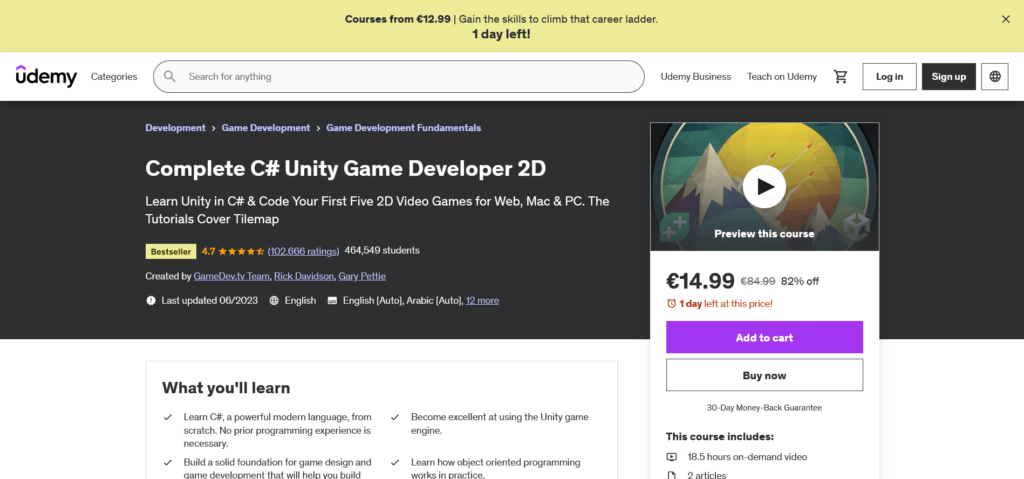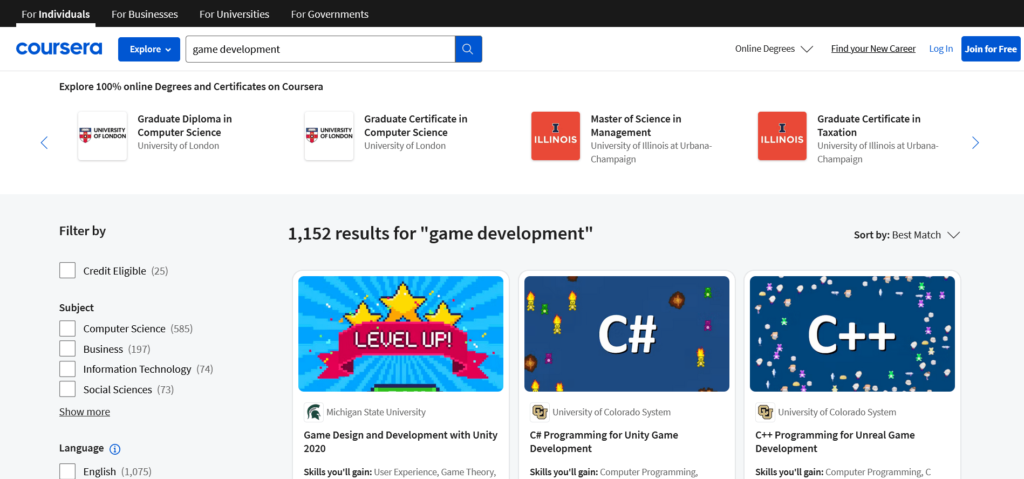Introduction
In the world of video games, customer support plays a pivotal role in ensuring player satisfaction and retention. With the rise of online gaming communities and the increasing complexity of modern games, providing excellent customer support in the video game industry has become more important than ever. In this comprehensive guide, we’ll delve into the intricacies of handling customer support for your video game business, covering everything from setting up effective support channels to implementing best practices for resolving player issues. Join us as we explore the evolving role of customer support in the video game industry and uncover the strategies that drive unparalleled player engagement and retention.
Understanding the Importance of Customer Support in the Gaming Industry
Customer support is not just about fixing technical issues; it’s about building trust and fostering a positive relationship with your players. In a competitive market, exceptional customer support can be a key differentiator for your video game business, leading to higher player retention and positive word-of-mouth referrals. With the rise of social media and online forums, players have more avenues than ever to voice their concerns and grievances, making proactive and responsive support essential for maintaining a positive brand reputation.
Setting Up Effective Support Channels
Offer multiple channels for players to reach out for support, including email, live chat, social media, and dedicated support forums. Implement a ticketing system to track and prioritize player inquiries, ensuring that no issue falls through the cracks. Provide clear instructions on how players can contact support within the game interface, making it easy for them to seek assistance without leaving the game environment.
Building a Knowledge Base and FAQ Section
Develop a comprehensive knowledge base and FAQ section on your website to address common player queries and technical issues. Organize information into categories and use clear, concise language to make it easy for players to find solutions to their problems. Regularly update the knowledge base with new troubleshooting tips and frequently asked questions based on player feedback and support interactions.
Training and Empowering Support Staff
Invest in thorough training for your support team, covering not only technical troubleshooting but also effective communication and conflict resolution skills. Empower support agents to make decisions and escalate issues as needed to ensure timely resolution and player satisfaction. Foster a positive and supportive work environment to keep morale high and reduce agent turnover, as experienced support staff can provide invaluable insights and expertise.
Implementing Best Practices for Resolving Player Issues
Respond to player inquiries promptly and professionally, acknowledging their concerns and setting realistic expectations for resolution times. Prioritize critical issues such as game-breaking bugs or account security breaches, ensuring that they are addressed with the highest urgency. Keep players informed throughout the resolution process, providing regular updates on the status of their inquiries and any actions taken to address their concerns.
Leveraging Player Feedback to Drive Continuous Improvement
Encourage players to provide feedback on their support experiences through surveys and feedback forms, allowing you to identify areas for improvement and address recurring issues. Analyze support metrics such as response times, resolution rates, and player satisfaction scores to identify trends and areas for optimization. Actively incorporate player feedback into your development roadmap, prioritizing improvements to support systems and processes based on the needs and preferences of your player community.

Top Online Education Platforms to Learn About Customer Support in the Video Game Industry
In the dynamic landscape of the video game industry, where player expectations soar higher with every release, ensuring impeccable customer support is paramount. From addressing technical glitches to enhancing user experience, skilled customer support professionals are the unsung heroes behind seamless gaming experiences. To equip individuals with the necessary expertise to excel in this niche, online education courses platforms offer a plethora of opportunities. Let’s delve into some of the top platforms revolutionizing customer support in the video game industry.
Udemy

Renowned for its vast array of courses, Udemy stands out as a leading platform for individuals seeking to hone their customer support skills in the video game sector. With courses ranging from “Advanced Troubleshooting Techniques for Gaming Consoles” to “Effective Communication Strategies for Gaming Support Teams,” Udemy provides comprehensive training curated by industry experts. Moreover, its flexible learning model allows learners to pace themselves according to their schedule, making it ideal for aspiring professionals and seasoned veterans alike.

Leveraging partnerships with esteemed universities and institutions, Coursera offers specialized courses tailored to meet the evolving demands of the video game industry. Enrollees can access courses such as “Game Design and Development Specialization,” which incorporates modules focusing on customer support strategies specific to gaming environments. With an emphasis on practical application and real-world scenarios, Coursera equips learners with the skills to excel in diverse customer support roles within the gaming sector.
LinkedIn Learning

Boasting a vast library of courses, LinkedIn Learning caters to professionals seeking to elevate their careers in the video game industry. From “Customer Support Fundamentals” to “Building Effective Gaming Communities,” its curated content addresses the unique challenges faced by support teams in the gaming sphere. Furthermore, learners benefit from networking opportunities and insights shared by industry veterans, fostering a collaborative learning environment conducive to growth and development.
Pluralsight
Recognizing the importance of technical proficiency in gaming support roles, Pluralsight offers a diverse range of courses encompassing programming languages, software development, and IT infrastructure. From “Unity Game Development Fundamentals” to “Introduction to Network Administration,” learners can acquire the technical skills necessary to troubleshoot issues and provide seamless support in gaming environments. With hands-on labs and expert-led content, Pluralsight empowers individuals to navigate the complexities of modern gaming technology with confidence.
Skillshare

Ideal for individuals looking to acquire niche skills, Skillshare offers a range of courses focusing on specialized aspects of customer support in the video game industry. Whether it’s mastering the intricacies of virtual reality support or understanding the nuances of esports customer service, Skillshare provides targeted training to meet the industry’s evolving needs. Additionally, its community-driven approach encourages interaction and knowledge sharing among peers, fostering a culture of continuous learning and innovation.
Top 10 Questions and Answers About Customer Support in the Video Game Industry
1. How do I contact customer support for video game?
For gamers encountering issues specific to a particular game, direct contact with customer support is often the best route. Most game developers provide multiple channels for support, including email, live chat, and dedicated support websites. To find the right contact information, visit the game’s official website or search for “[game name] customer support” on Google.
2. What should I do if I encounter a bug or glitch in a video game?
Bugs and glitches are inevitable in the gaming world, but there are steps players can take to address them effectively. First, check the game’s official forums or social media channels for announcements or troubleshooting tips from the developers. If the issue persists, reach out to customer support with detailed information about the problem, including when it occurred and any error messages received.
3. How long does it usually take for customer support to respond to inquiries?
Response times can vary depending on the volume of inquiries and the complexity of the issue. While some inquiries may receive a prompt response within a few hours, others may take longer, especially during peak gaming periods or after major updates. Patience is key, but if you haven’t heard back within a reasonable timeframe, don’t hesitate to follow up with a polite reminder.
4. Is there a way to expedite the resolution of my customer support ticket?
While there’s no guaranteed way to fast-track customer support inquiries, providing clear and concise information can help expedite the resolution process. When submitting a support ticket, be sure to include relevant details such as your gaming platform, operating system, and a thorough description of the issue. Additionally, refrain from submitting multiple duplicate tickets, as this can overload the support system and delay response times for everyone.
5. Can I get a refund for a video game purchase if I’m dissatisfied with the product?
Refund policies vary between gaming platforms and retailers, but many offer options for refunds or exchanges under certain circumstances. If you’re dissatisfied with a game purchase due to technical issues or other valid reasons, contact customer support for assistance. Be prepared to provide proof of purchase and a detailed explanation of why you’re seeking a refund.
6. What are the most common reasons for account suspensions or bans in online games?
Account suspensions or bans in online games can occur for various reasons, including cheating, harassment, or violating the game’s terms of service. To avoid running afoul of the rules, familiarize yourself with the game’s code of conduct and adhere to fair play principles. If you believe your suspension or ban was unwarranted, reach out to customer support to appeal the decision.
7. How can I protect my account from hacking or unauthorized access?
Account security is paramount in the gaming world, especially with the rise of online multiplayer games and digital purchases. To safeguard your account, enable two-factor authentication whenever possible and choose strong, unique passwords. Avoid sharing account information or clicking on suspicious links, and regularly monitor your account activity for any signs of unauthorized access.
8. Are there any resources available for learning how to troubleshoot common gaming issues on my own?
Yes, many gaming communities and online forums offer valuable resources and guides for troubleshooting common issues. From video tutorials to step-by-step walkthroughs, these resources can empower players to resolve minor technical hiccups without relying on customer support. Additionally, keep an eye out for official support articles or knowledge bases provided by game developers.
9. What should I do if I encounter toxic behavior or harassment in an online game?
Online gaming communities can sometimes be plagued by toxic behavior, including harassment, bullying, and hate speech. If you encounter such behavior in a game, don’t hesitate to report it to the game’s moderation team or customer support. Most games have systems in place to address and penalize offenders, helping to maintain a safe and welcoming environment for all players.
10. How can I provide feedback or suggestions to game developers about improving customer support?
Game developers value feedback from their player base and often provide channels for submitting suggestions or reporting issues with customer support. Look for feedback forms on the game’s official website or participate in community forums and surveys. By sharing your experiences and ideas constructively, you can contribute to the ongoing improvement of customer support in the video game industry.
In the ever-evolving landscape of video games, reliable customer support is essential for fostering a positive and immersive gaming experience. By addressing the top 10 questions about customer support in the video game industry, we’ve provided gamers with valuable insights and guidance for navigating the virtual realm with confidence. Whether troubleshooting technical issues or seeking assistance with account security, remember that help is just a click away.
Conclusion
In conclusion, the landscape of customer support in the video game industry is crucial for ensuring player satisfaction and loyalty. Through an examination of various strategies and approaches, it becomes evident that prioritizing customer support in the video game industry is paramount for fostering positive user experiences. By implementing proactive measures, such as 24/7 assistance, responsive communication channels, and robust community engagement, companies can effectively address player concerns and enhance overall satisfaction. As the gaming industry continues to evolve, a strong commitment to customer support in the video game industry will undoubtedly be a defining factor in shaping the success and longevity of gaming platforms and titles.














